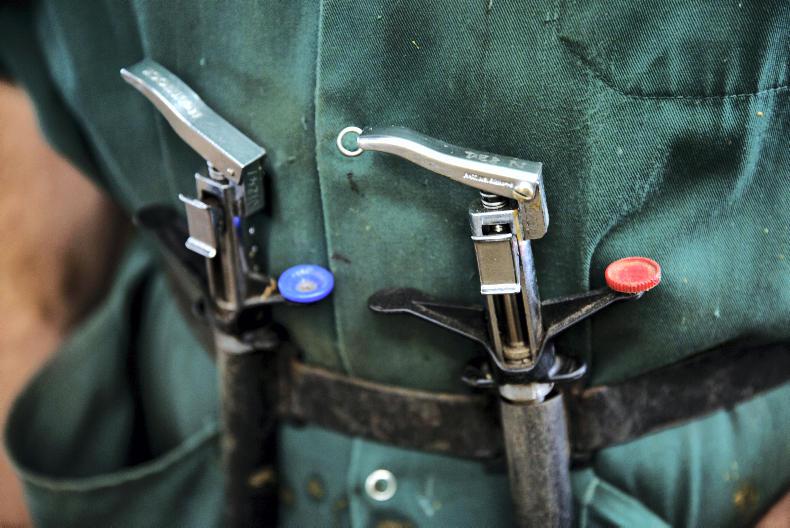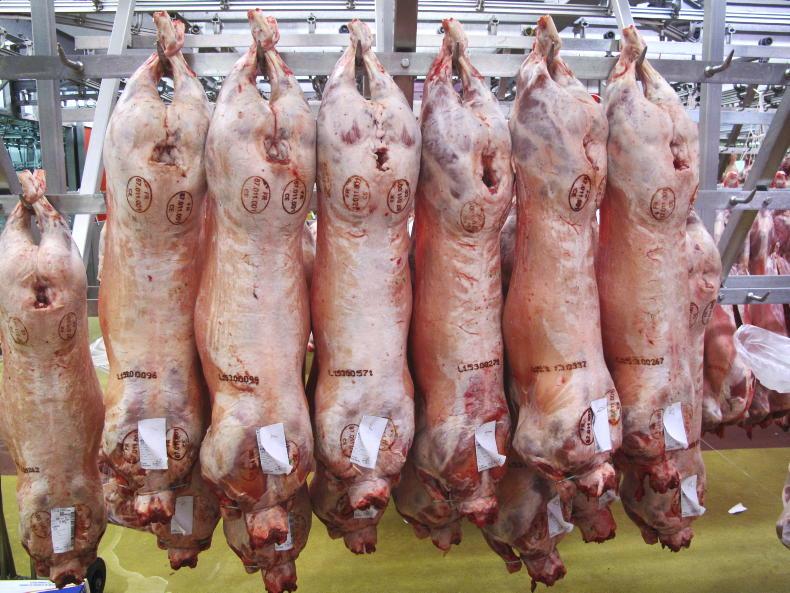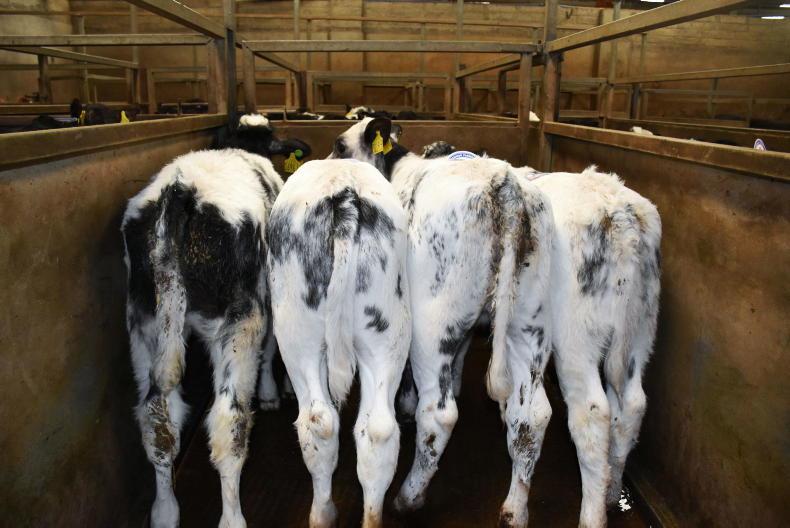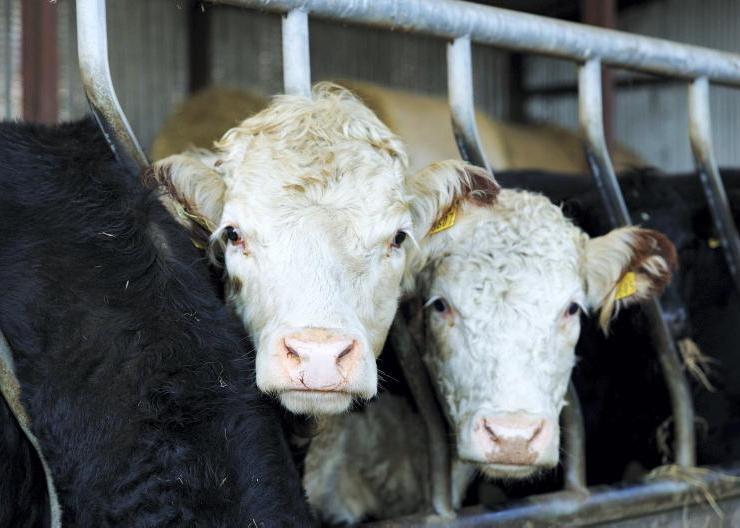Cattle could potentially be vaccinated against TB in five to 10 years’ time, Eoin Ryan, senior superintending veterinary inspector with the Department of Agriculture, has said.
He told an Oireachtas agriculture committee meeting on Tuesday night that the reason the BCG vaccine, the vaccine administered to humans and badgers, has not been used in cattle is due to issues with TB testing.
Positive
“The reason that it is not used in cattle is that if you vaccinate bovines with the BCG, they test positive to the skin test.
“You then have the problem that you don’t know whether they were positive because they were vaccinated or because they became infected.
It’s possible that, if these things work out, that in five to 10 years it may be possible to vaccinate high-risk cattle
“Our colleagues in the UK are putting a significant amount of research into this. We’re co-operating with them, and they have developed a possible way of differentiating between unvaccinated and infected cattle.
“It’s possible that, if these things work out, that in five to 10 years it may be possible to vaccinate high-risk cattle and to differentiate those ones from infected cattle,” he said.
Pre-movement testing
Ryan said that Department research from the mid-2000s shows that while “across the board pre-movement testing actually doesn’t deliver that much, targeted pre-movement testing of high-risk herds, would deliver something”.
These aren’t random deer
Meanwhile, last year, the Department of Agriculture tested 87 deer in regional veterinary laboratories for TB and three tested positive.
Ryan told the Oireachtas committee on Tuesday night that where there are local concerns about deer transmitting TB to cattle, the Department is happy to test those deer for free for TB.
“These aren’t random deer, these are deer that are specifically shot where farmers have a concern in that area that these deer are transmitting TB to cattle.









SHARING OPTIONS